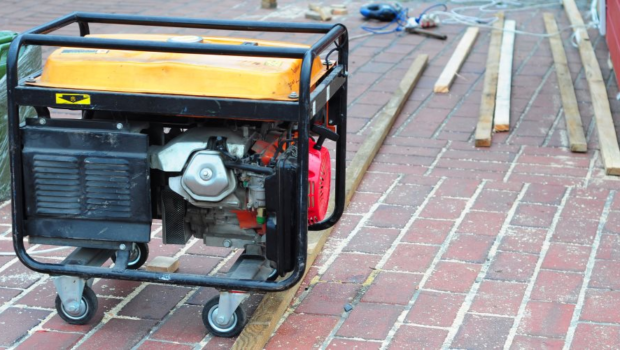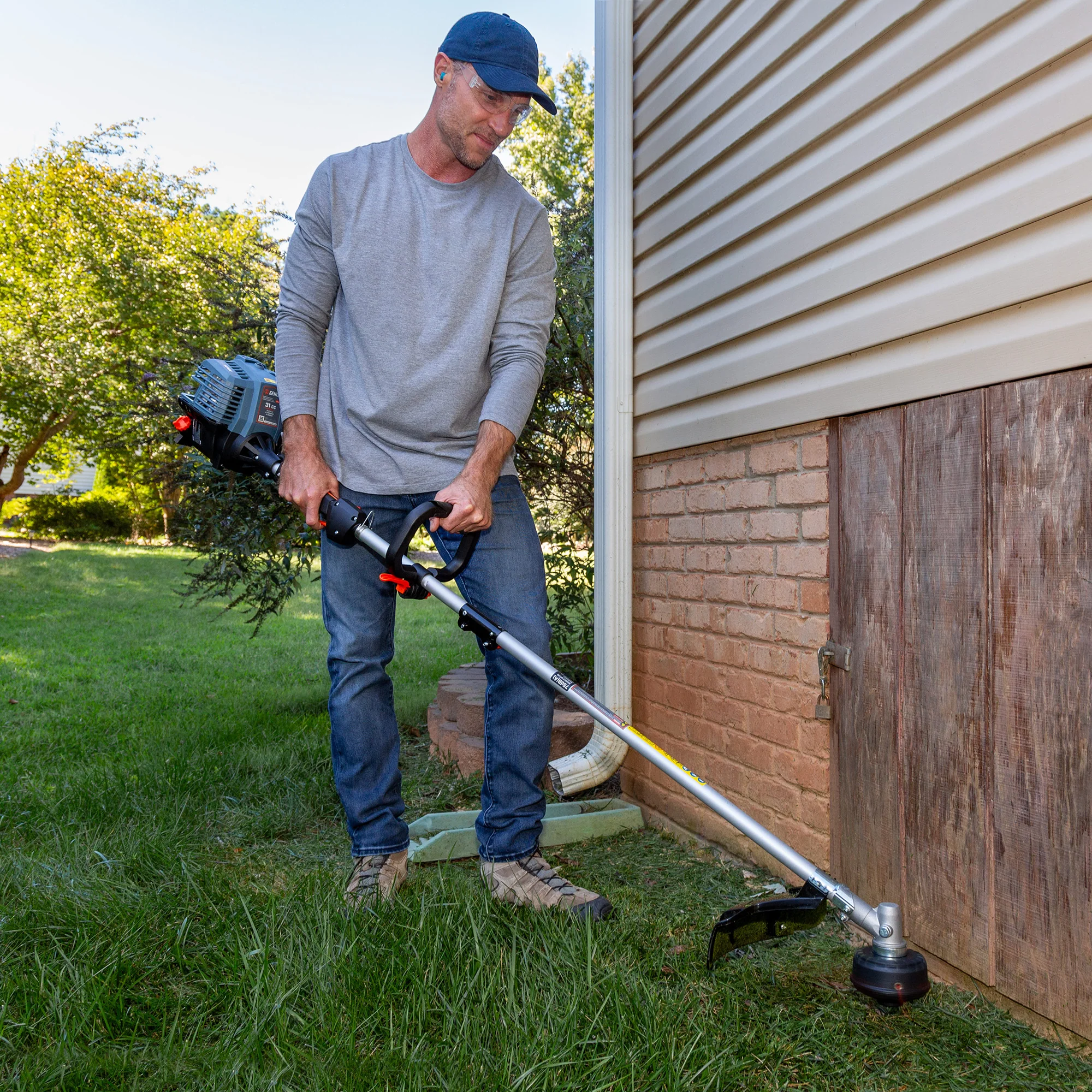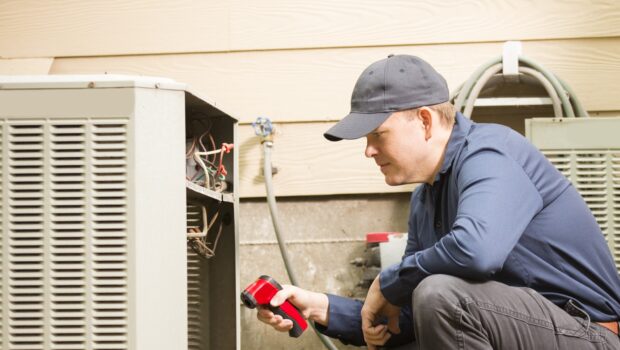When you are thinking about purchasing a generator for homes, it is important that you consider several factors. The first thing to consider is the size of the generator that you need. Manufacturers produce personal generators that can only power a single room or appliance, while larger generators can power entire homes.
Of course, the number of appliances that you plan to use must be taken into consideration as well. The amount of electricity needed to operate an entertainment centre, for example, will be much more than what is needed for lighting or a small appliance like a microwave.
Inspecting your electrical system is also important when deciding on what type of generator to purchase. If the wiring in your house isn’t up to code, it might not be able to handle the demands of larger appliances such as air conditioners and washer/dryer units. A professional should be consulted before making any changes.
Another important factor to consider is how loud the generator is as this can affect whether or not you want to use it in your home. While it’s possible to buy quiet generators, some are so loud that they can be heard over two blocks away! If you plan on using your generator often, you might want to invest in one with a quieter engine since the noise could become annoying
Determine How Much Power You Need to Run
One of the first things to determine is how much power you need for the appliances in your house. A general rule for sizing generators is that they should be able to produce enough power for all your critical appliances at once. This means that if you have a refrigerator and an air conditioner (for example), they could both be on at once. However, if you have many high-power appliances such as a washer and dryer or several computers — all using more energy than that needed by two major appliances — then you may need a larger generator.
For example, if you have a 1,000-watt microwave, electric water heater and central air conditioning unit, along with an electric stove and electric clothes dryer – all of these can be running at once if the generator is sized properly. You don’t want to overload your generator.
Choose your fuel
Gasoline-powered generators are the most common type of generator on the market. However, diesel-powered generators produce more power with less fuel consumption. Alternative fuels like propane can also be used as fuel for smaller generators (up to 10 kilowatts).
Select the generator’s power output
Generators are measured by their capacity or power rating (in watts). The higher the wattage rating, the larger the generator and the more fuel it will consume per hour of operation. The capacity or wattage rating indicates how much power is available on a continuous basis.
Choose a portable or permanent installation
A portable generator is best for occasional use or emergency situations when electricity is lost for a short period of time (as in a storm). A permanently installed standby generator runs continuously year-round and can provide backup power for your home.





